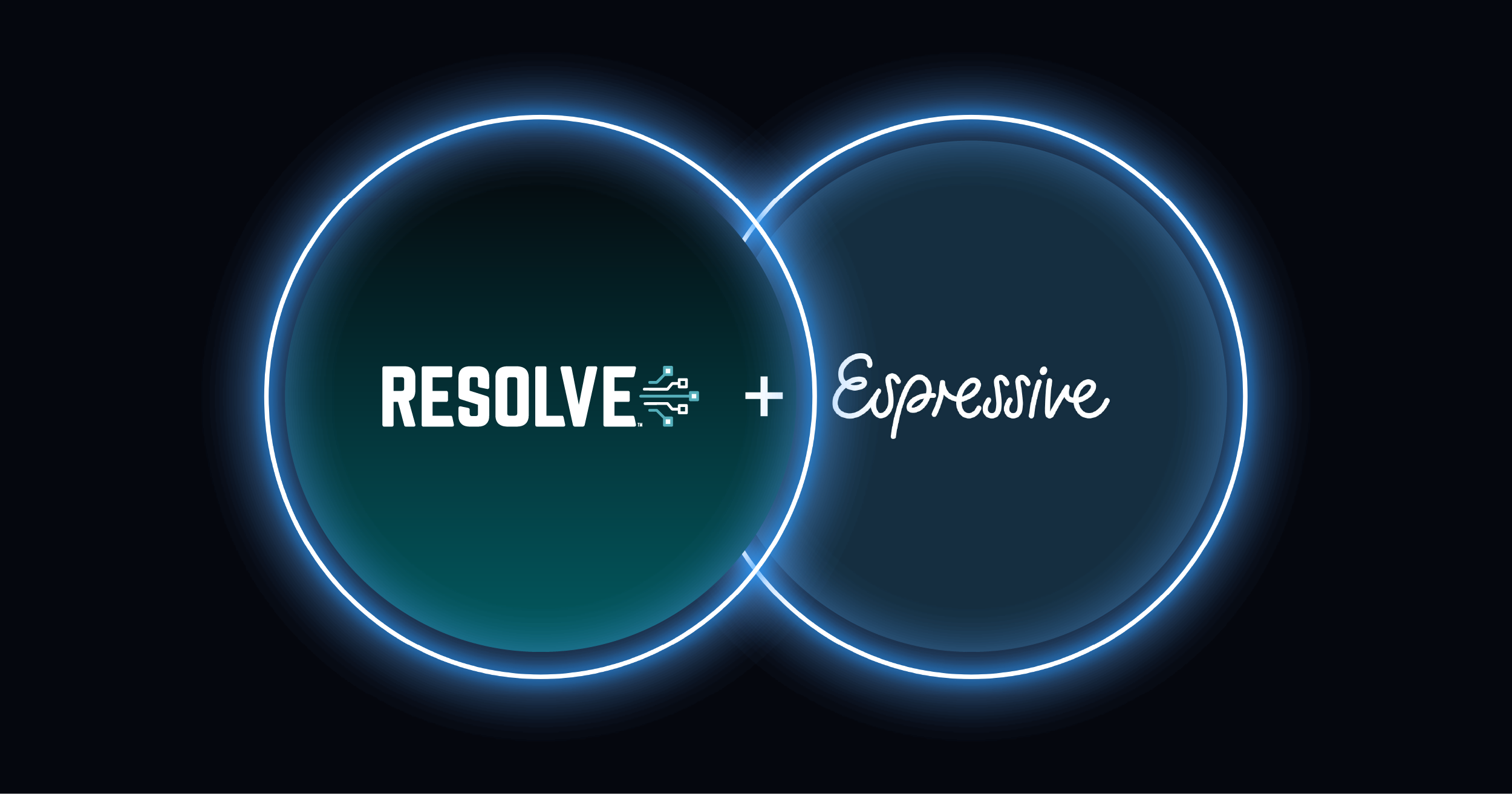
Conversational Artificial Intelligence (AI) is designed to understand and generate human language, allowing users to interact with them through spoken or written conversation. Conversational AI powers popular virtual assistants like Apple’s Siri, Amazon’s Alexa, and Google Assistant, which provide personalized assistance and perform tasks based on user commands. For enterprises, conversational AI can be implemented in various forms, including virtual assistants, voice assistants, messaging platforms, and more.
Conversational AI refers to a set of technologies and techniques used to enable computers or software applications to engage in natural, human-like conversations with users. It combines elements of artificial intelligence (AI), natural language processing (NLP), and machine learning (ML) to understand and respond to user input in a conversational manner.
Many companies are starting to implement virtual assistants with conversational AI within their organizations to handle IT and HR requests, support facilities management, answer help desk questions, and automate other employee requests to free up the workforce to focus on higher level strategy within the company. Our team at Espressive put together a list of benefits we’ve seen these companies enjoy, because of using conversational AI to improve employee productivity and satisfaction at work.
Benefit #1: Improved Employee Satisfaction
Allowing employees to converse in their own language eliminates the need for complex user interfaces and helps them speedily resolve everyday problems, which helps improve employee productivity and satisfaction. Conversational AI systems provide a more engaging experience for the employee asking the question and alleviates the service desk agents from answering routine, repetitive questions. Both parties are saving time and getting issues resolved faster than ever.
Benefit #2: 24/7 Availability
Conversational AI systems are available round the clock every day of the year, providing instant responses and assistance to users at any time. This capability enables departments to offer continuous support and services even during nontraditional work hours, weekends, and holidays, enhancing employee satisfaction and efficiency.
Benefit #3: Scalability
A conversational AI system that leverages elastic architecture will instantly provision resources as employee activity increases, then rebalances when they are no longer required. With this highly scalable system, the IT service desk and other internal services can continue to handle multiple employee interactions simultaneously even as an organization continues to grow. Organizations can enjoy quick and responsive service with economic benefits of efficiency without have to pay for dedicated resources they seldom need.
Benefit #4: Personalization
Systems that leverage conversational AI can utilize internal knowledge or gather new user-specific and device-specific data during conversations, enabling personalized interactions and personalized solutions. By understanding user preferences and demographics, such as where the user works, which technical devices or applications they utilize, and what their job roles is, the system can tailor responses and recommendations to the individual, enhancing the overall user experience.
Benefit #5: Cost Efficiency
Automating employee interactions with conversational AI can lead to cost savings for businesses. By reducing the need for a human agent to handle routine or repetitive queries, organizations can optimize their service desk and allocate human resources to more complex, strategic, or high-value tasks.
Benefit #6: Faster Response Times
Conversational AI systems can provide immediate responses to user queries, reducing wait times and improved responsiveness. This capability is particularly valuable for IT service desks and other internal employee support providers like HR or facilities, where quick and accurate responses are crucial.
Benefit #7: Multichannel Support
A conversational AI tool can be deployed across various channels, such as on a desktop or mobile device, native app or web browser, through collaboration tools like Microsoft Teams and Slack, and even through traditional tools like phone and email. This enables the conversational AI system to engage with users on their preferred channels, providing a consistent and seamless experience for employees to get the help they need, where they are already working.
Benefit #8: Data Collection and Insights
Conversational AI systems generate a wealth of data from user interactions, which can be anonymized and then analyzed to gain valuable insights into user behavior, preferences, and pain points. These insights can then inform business strategies, product improvements, and gaps in knowledge content.
Benefit #9: Increased Efficiency and Productivity
Conversational AI systems can automate repetitive and mundane tasks, freeing up human resources to focus on more complex and value-added activities. By handling routine inquiries, providing self-service options, and automating processes, conversational AI systems improve efficiency and productivity by becoming a one-stop-shop for employees to get answers to their work-related questions for IT, HR, and more.
Benefit #10: Enhanced Employee Engagement
Conversational AI enables personalized and interactive conversations with users, leading to higher engagement levels. By understanding user preferences, job level, and other demographics such as a user location, conversational AI systems can provide tailored recommendations and personalized answers, fostering stronger relationships with customers.
Benefit #11: Language Support and Localization
If your organization is considering leveraging an internal conversational AI tool, it’s important to choose one that can be designed to support multiple languages, allowing businesses to cater to a diverse user base. It enables communication in different languages, dialects, and regional variations, ensuring inclusivity and providing localized experiences to users across various regions.
Benefit #12: Real-time Insights and Analytics
Conversational AI platforms can collect real-time data and analytics on user interactions. This data can be leveraged to gain valuable insights into user behavior, sentiment analysis, frequently asked questions, and areas of improvement. Organizations can use these insights to refine their offerings, improve customer satisfaction, and optimize their operations.
Benefit #13: Seamless Omnichannel Experiences
Your organization’s conversational AI tool should enable consistent experiences across multiple channels and touch points. Employees should be able to engage with a conversational AI tool right where they’re already working, which improves employee adoption rate. This omnichannel capability ensures continuity and convenience for users, regardless of the channel they choose.
Benefit #14: Virtual Assistants and Task Automation
Conversational AI can power virtual assistants that can perform tasks and answer questions on behalf of users. A virtual agent can enhance convenience by automating tasks at work, such as scheduling PTO, booking conference rooms, ordering new devices, reporting issues with shared equipment like office printers, checking purchase orders, submitting IT tickets, and more.
Benefit #15: Decision Support and Knowledge Management
Conversational AI can assist in decision-making processes by providing relevant information, data analysis, and recommendations. It can access vast amounts of knowledge and databases, allowing users to quickly find answers to their queries or make informed choices.
Benefit #16: Continuous Learning and Improvement
Conversational AI systems can continuously learn and improve over time. Through feedback loops, user interactions, and machine learning algorithms, these systems can adapt to changing user needs, refine their responses, and become more accurate and intelligent over time.
To learn more about the benefits of conversational AI in the workplace, see how conversational AI is a key feature of Espressive Barista technology here.












